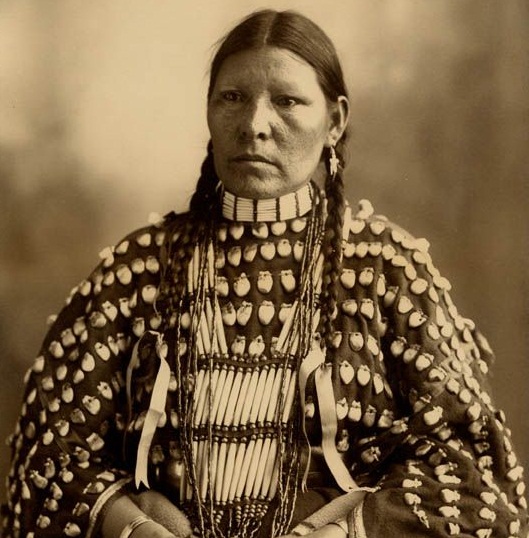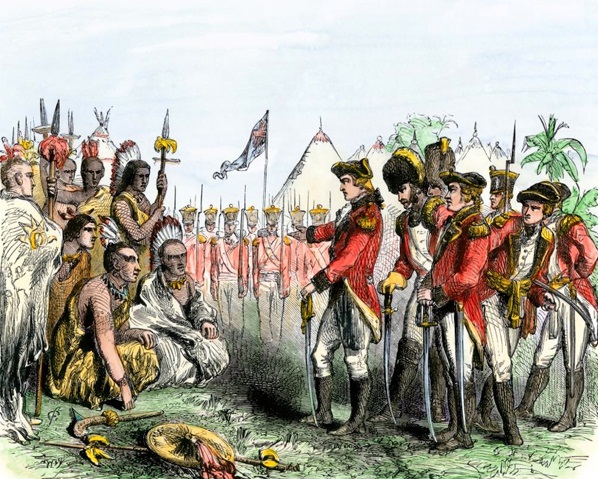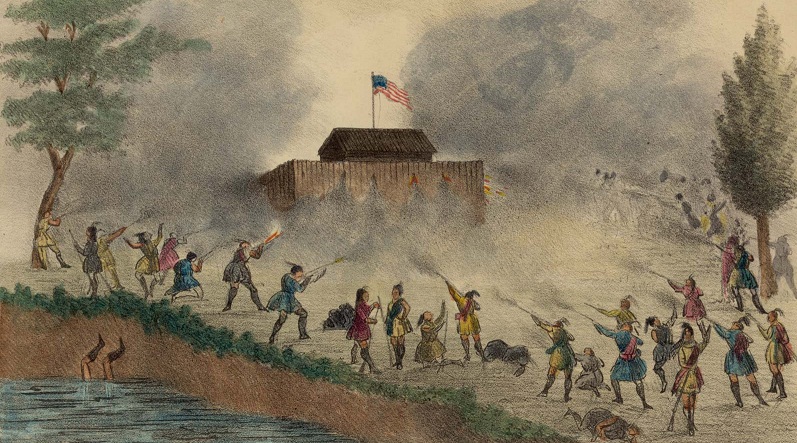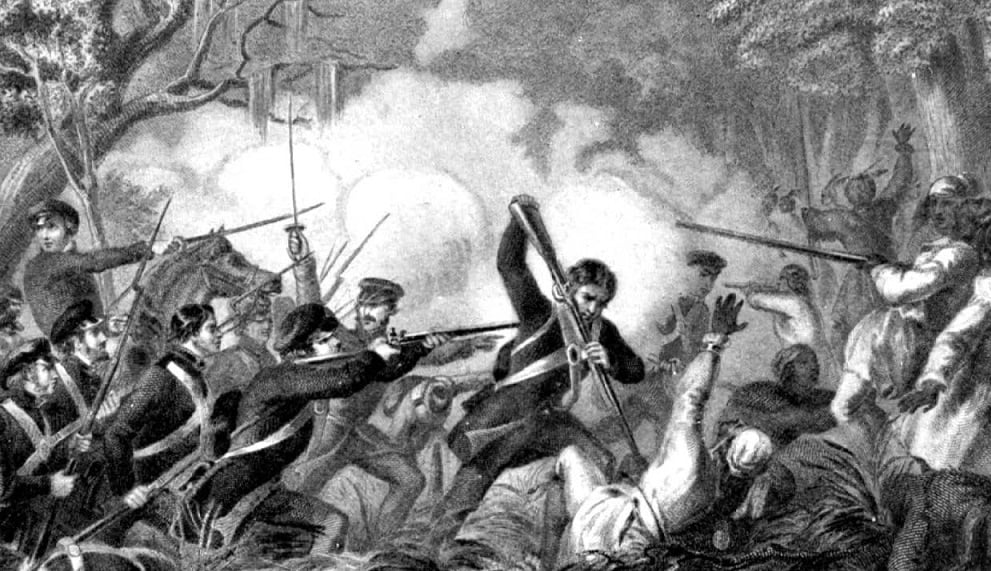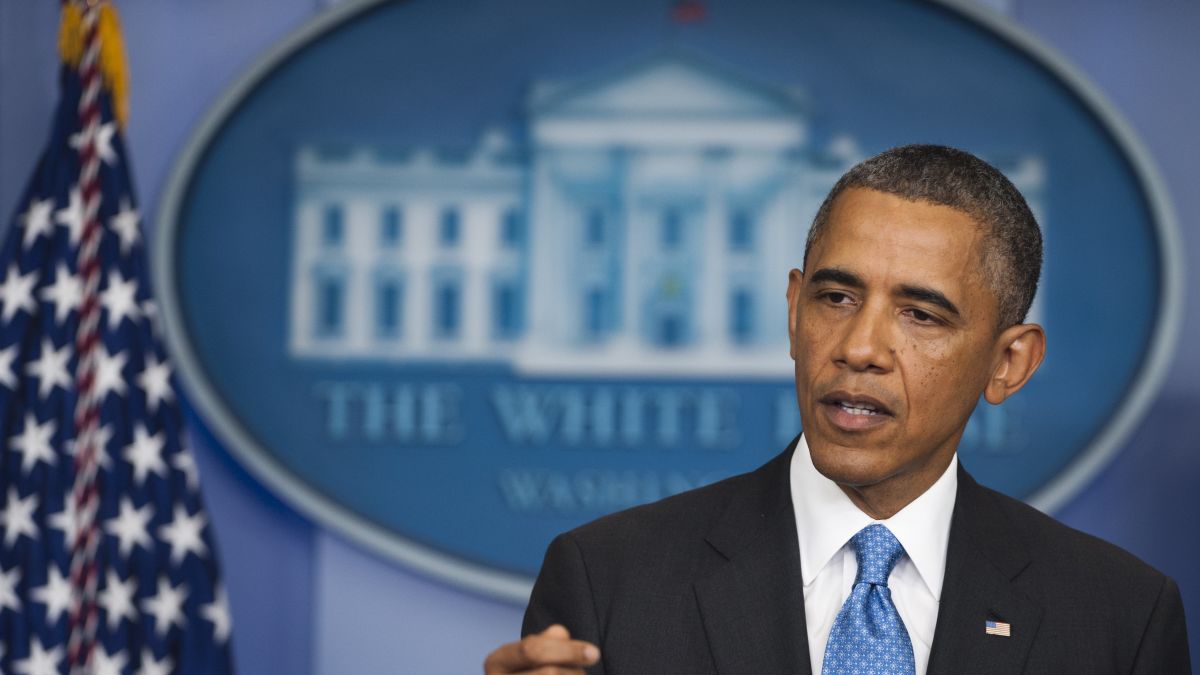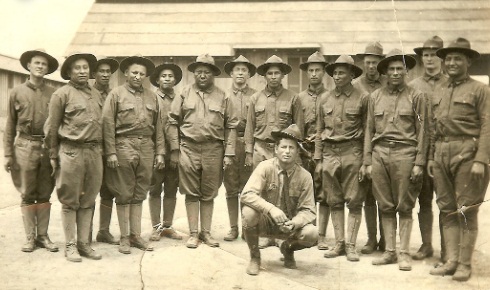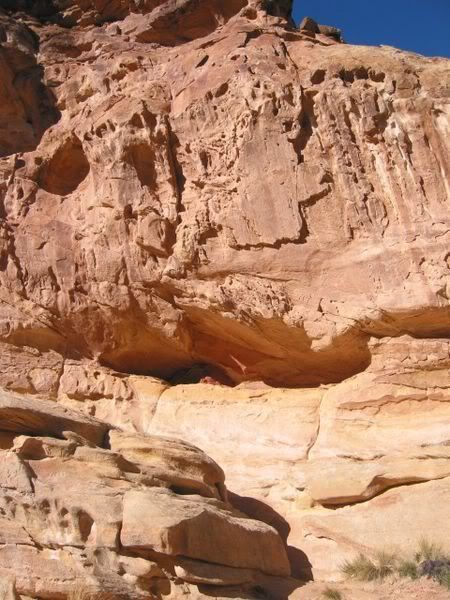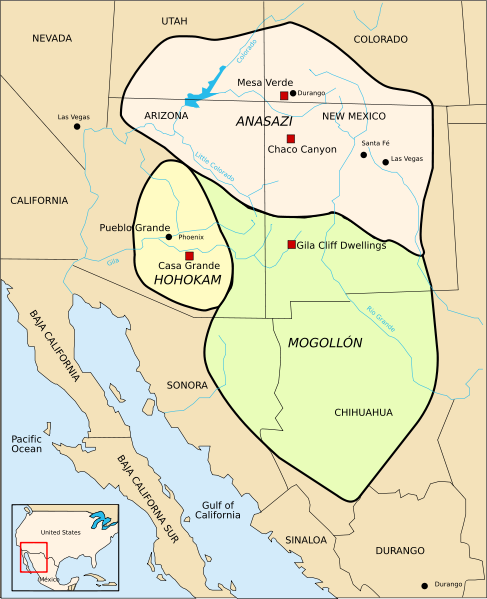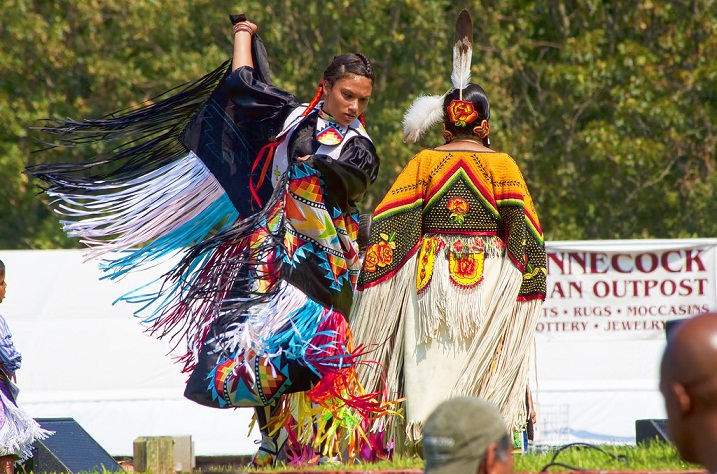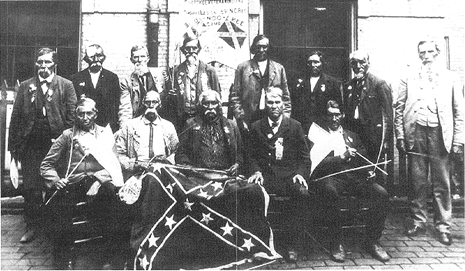American Indian Women: The Warriors
( – promoted by navajo) When the Europeans first began arriving on this continent they were amazed that Indian women were very much unlike European women. Indian women were not subservient to men, they often engaged in work – such as farming and warfare – which the Europeans viewed as men’s work, they had a … Continued
